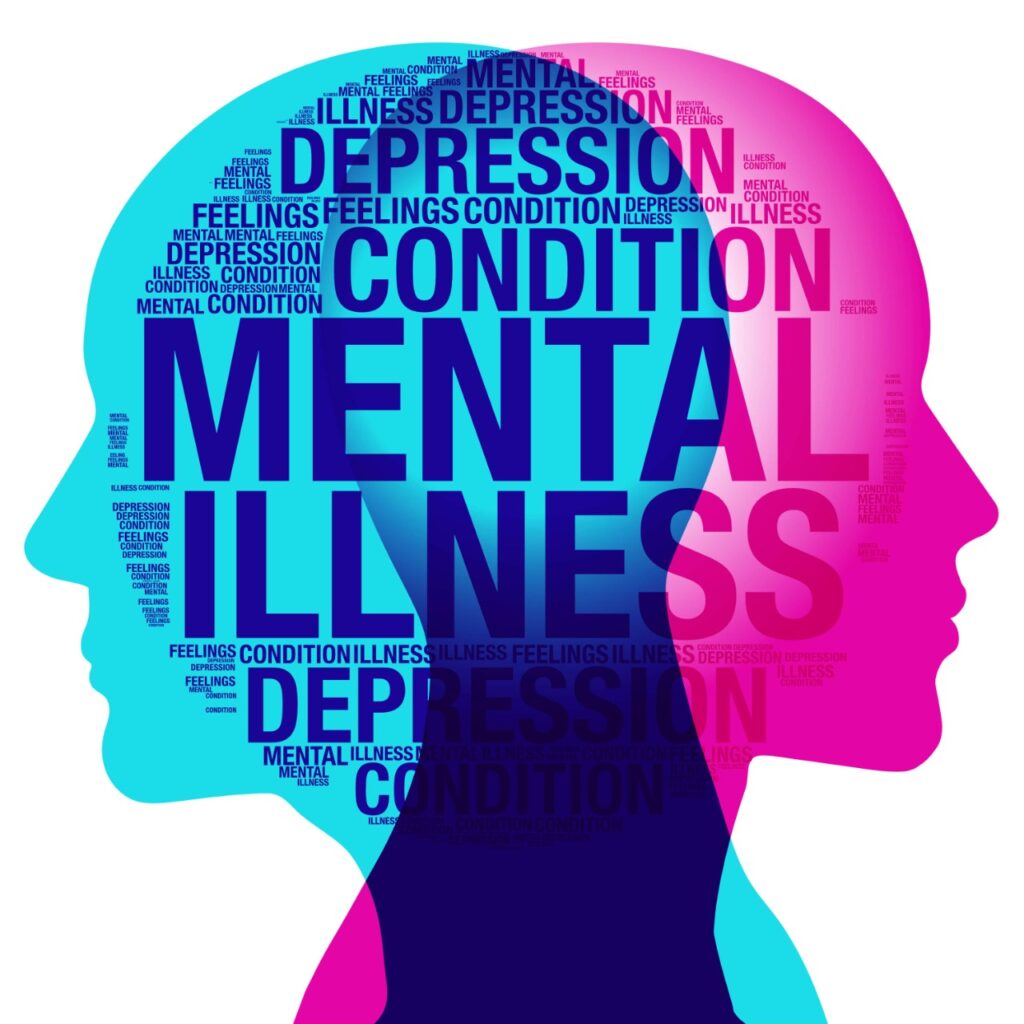The Importance of Addressing Mental Health Stigma in Society
Mental health is a critical aspect of overall wellbeing that deserves the same level of attention as physical health. However, despite the increasing awareness of mental health issues, many people still face stigma and discrimination when seeking help. Stigma refers to the negative attitudes and beliefs surrounding mental health conditions that often lead to discrimination and exclusion.

The impact of mental health stigma can be severe and far-reaching. People who experience stigma may feel ashamed, embarrassed, and isolated, leading to a reluctance to seek help. This can exacerbate mental health conditions, making them more difficult to manage and resulting in negative outcomes such as suicide, self-harm, and substance abuse.
Stigma can also affect the way mental health services are delivered, leading to inadequate support and access to care. For example, many people with mental health conditions experience discrimination in the workplace, which can affect their employment opportunities and financial stability.
Addressing mental health stigma is critical for improving the lives of individuals affected by mental health conditions. this can be achieved through various measures, including:
- Education: Educating the public about mental health conditions and the impact of stigma can helpp to dispel myths and reduce negative attitudes towards mental health. it can also increase understanding and empathy towards those affected by mental health conditions.
- Encouraging open dialogue: encouraging people to speak openly about mental health and their experiences can help to reduce the sense pf shame and isolation that often accompanies mental health conditions. This can be achieved through public awareness campaigns, support groups and social media.
- Advocacy: advocating for policies that support mental health and reduce stigma can help to create a more supportive environnement for people with mental health conditions. This can include anti-discrimination laws, increased funding for mental services and better training for healthcare professionals.
In conclusion, mental health stigma is a significant barrier to addressing mental health issues in society. By promoting education, encouraging open dialogue, and advocating for policies that support mental health, we can work towards creating a more inclusive and supportive environment for people affected by mental health conditions.

